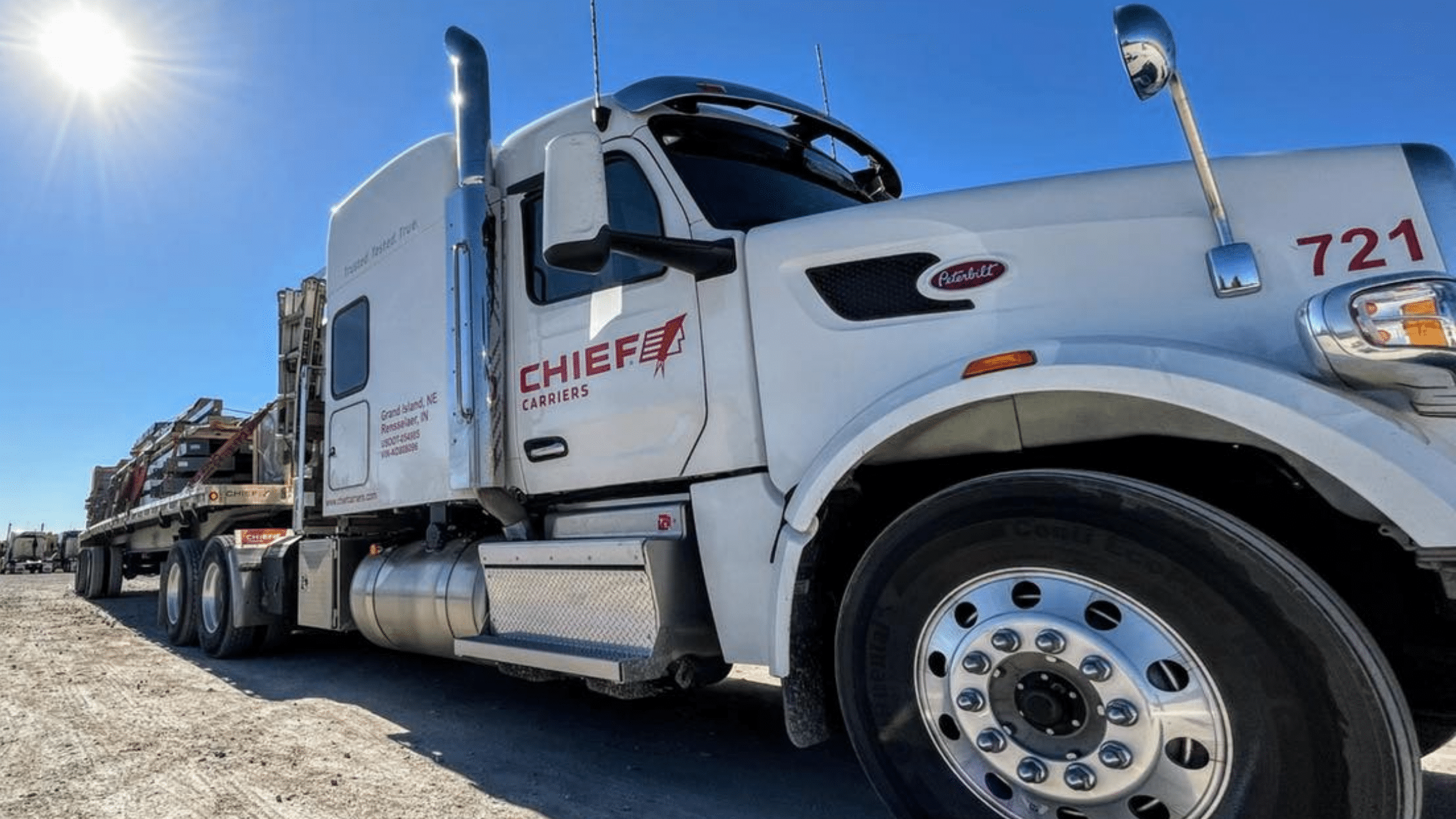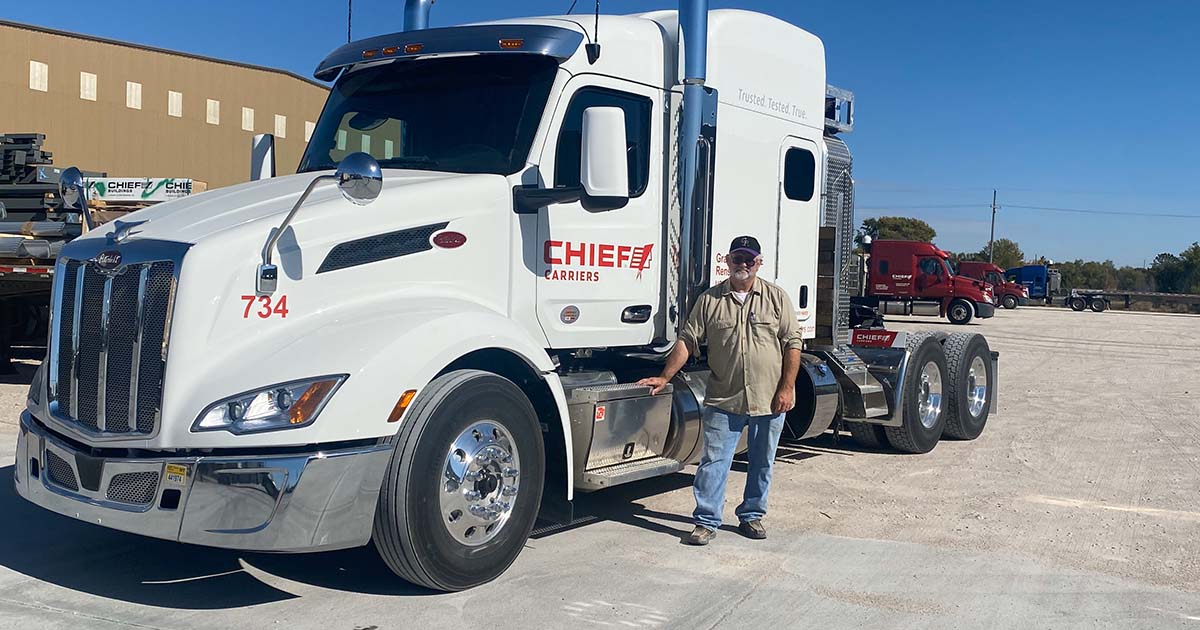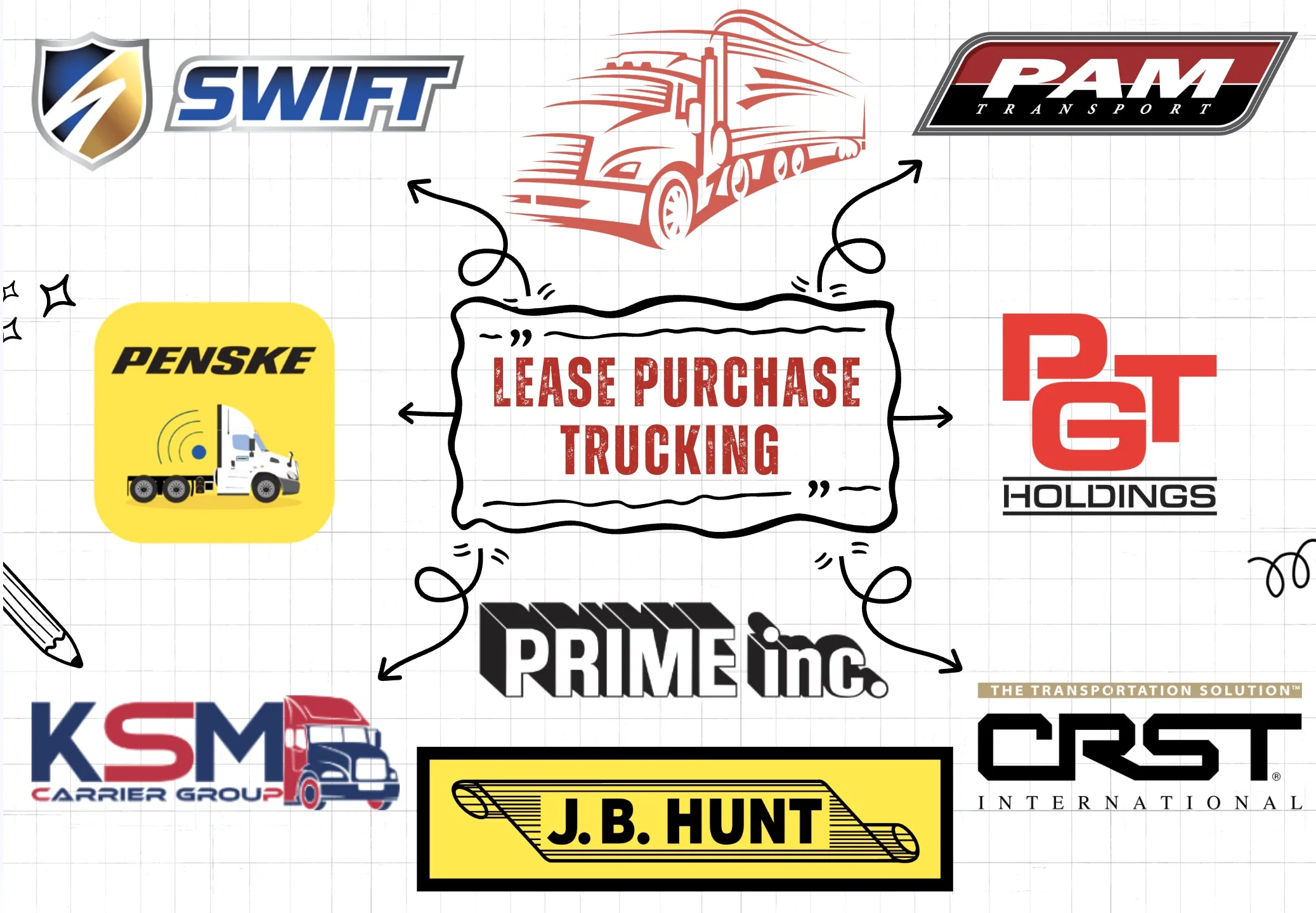Lease Purchase Trucking Companies in North Carolina | Your Guide
If you’re considering a career on the open road in North Carolina, you’ve likely encountered the term “lease purchase.” This path offers a middle ground between being a company driver and owning your own rig outright. But is it the right move for you? This comprehensive guide will walk you through everything you need to know about lease purchase trucking companies in North Carolina, helping you separate the good opportunities from the potential pitfalls. We’ll break down the pros and cons, compare top companies, and provide the hard data you need to make an informed decision for your financial future.

What Exactly is a Lease Purchase Agreement?
At its core, a lease purchase is a financial arrangement where you, the driver, lease a truck from a carrier with the option to buy it at the end of the lease term. You’re essentially an owner-operator in training. You operate under the company’s authority, hauling their freight, but you’re responsible for the operating costs of your truck. Your weekly revenue is a combination of a base rate and a percentage of the load’s revenue, with a portion automatically deducted to cover the truck lease payment, insurance, and other escrowed expenses.
The Pros and Cons of a Truck Lease Purchase
Like any major financial decision, this path has its champions and its critics. Let’s look at the real-world advantages and disadvantages.
Potential Benefits
- Path to Ownership: This is the biggest draw. It’s a way to eventually own a truck without the massive upfront capital.
- Higher Earning Potential: Your pay is directly tied to your performance and the miles you run, which can be significantly higher than a company driver’s salary.
- Independence: You have more control over your schedule and the loads you accept compared to a company driver.
- Business Experience: You learn the fundamentals of running a small trucking business, from managing expenses to calculating profit.
Significant Drawbacks
- Financial Risk: You bear the cost of fuel, maintenance, and repairs. A single major breakdown can wipe out weeks of profit.
- Contract Complexity: The terms can be difficult to understand, and some agreements are structured in a way that makes it very hard to succeed.
- Dependence on the Carrier: Your success is tied to the company’s ability to provide you with consistent, profitable freight.
- Hidden Costs: Be wary of excessive fees for permits, trailer rentals, and other administrative costs that can eat into your bottom line.
Top Lease Purchase Trucking Companies in North Carolina
North Carolina is a major logistics hub, home to several carriers offering these programs. Here’s a comparison of some well-known names.
| Company | Program Highlights | Average Weekly Take-Home (Est.) | Best For |
|---|---|---|---|
| Carrier A | No money down, newer Volvo & Freightliner trucks, dedicated freight lanes | $1,200 – $1,800 | Drivers new to the lease purchase model |
| Carrier B | Low weekly fixed payments, no forced dispatch, high percentage of load revenue | $1,400 – $2,200 | Experienced drivers who want more control |
| Carrier C | Lease-to-own in 3-4 years, comprehensive maintenance program, national OTR routes | $1,000 – $1,600 | Drivers focused on long-term ownership and stability |
Note: These figures are estimates based on industry reports and driver testimonials. Actual take-home pay varies based on miles, fuel costs, and other factors.
Red Flags to Watch Out For
Not all programs are created equal. Before you sign anything, be on high alert for these warning signs.
- Sky-high buyout price: The final purchase price of the truck should be reasonable and based on its fair market value.
- Vague terms on freight: The contract should guarantee a certain number of miles or a minimum weekly revenue.
- Excessive fees: Scrutinize every fee, from administration to trailer washouts.
- Pressure to sign quickly: A reputable company will give you time to review the contract and even have a lawyer look at it.
Expert Advice: Crunch the Numbers First
Mike O’Connell, a financial advisor who specializes in working with commercial drivers, emphasizes due diligence. “I’ve seen too many drivers jump in based on the promise of high earnings without running the math. You must calculate your cost-per-mile meticulously. Factor in fuel, tires, maintenance, the lease payment, and your personal living expenses. If the numbers don’t leave you with a clear profit, it’s not a good deal.”
According to a 2021 report by the American Trucking Associations, the industry needs to hire roughly 1.1 million new drivers over the next decade to meet demand. This shortage creates opportunity, but it also makes it crucial to choose a partner that values your success.

Is a North Carolina Lease Purchase Program Right for You?
This model can be a fantastic launchpad for a successful career as an owner-operator, but it’s not for everyone. It requires a business mindset, financial discipline, and a willingness to accept risk. The best candidates are drivers with at least two years of accident-free experience, a good credit history, and a solid understanding of the costs involved in running a truck.
For those who do their homework and partner with a fair and transparent lease purchase trucking company in North Carolina, the rewards—both financial and professional—can be substantial. The key is to go in with your eyes wide open.
Frequently Asked Questions
What credit score is needed for a truck lease purchase?
Most companies look for a minimum credit score between 600 and 620. However, some may work with drivers with lower scores, often requiring a larger security deposit.
Can I walk away from a lease purchase agreement?
This depends entirely on the contract. Some have early termination clauses with hefty penalties, while others may be more flexible. You must understand the exit strategy before you sign.
Who pays for repairs during the lease?
In the vast majority of cases, the driver is responsible for all maintenance and repairs. Some companies offer a maintenance escrow account where a portion of your weekly pay is set aside for this purpose, but you are still ultimately responsible for the cost.
How long do most lease purchase programs last?
Lease terms typically range from 2 to 5 years. A shorter term usually means higher weekly payments but gets you to ownership faster.

Sources and Further Reading
- Federal Motor Carrier Safety Administration (FMCSA) – For regulations and safety data.
- American Trucking Associations (ATA) – For industry trends and reports.









